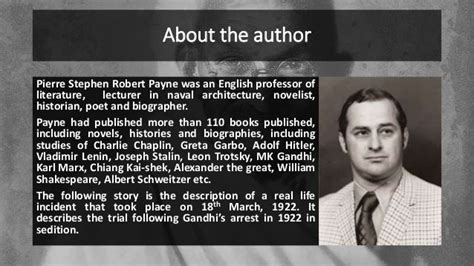A Quote by Theodore Roosevelt
No man who is corrupt, no man who condones corruption in others, can possibly do his duty by the community.
Related Quotes
The weakling and the coward cannot be saved by honesty alone; but without honesty the brave and able man is merely a civic wild beast who should be hunted down by every lover of righteousness. No man who is corrupt, no man who condones corruption in others, can possibly do his duty by the community.
Impress upon children the truth that the exercise of the elective franchise is a social duty of as solemn a nature as man can be called to perform; that a man may not innocently trifle with his vote; that every elector is a trustee as well for others as himself and that every measure he supports has an important bearing on the interests of others as well as on his own.
I believe that the unity of man as opposed to other living things derives from the fact that man is the conscious life of himself. Man is conscious of himself, of his future, which is
death, of his smallness, of his impotence; he is aware of others as others; man is in nature, subject to its laws even if he transcends it with his thought.
Every man, in proportion to his virtue, considers himself, with respect to the great community of mankind, as the steward and guardian of their interests in the property which he chances to possess. Every man, in proportion to his wisdom, sees the manner in which it is his duty to employ the resources which the consent of mankind has intrusted to his discretion.
One of the highest of human duties is the duty of encouragement...It is easy to laugh at men's ideals; it is easy to pour cold water on their enthusiasm; it is easy to discourage others. The world is full of discouragers. We have a Christian duty to encourage one another. Many a time a word of praise or thanks or appreciation or cheer has kept a man on his feet. Blessed is the man who speaks such a word.
The nobler sort of man emphasizes the good qualities in others, and does not accentuate the bad. The inferior does the reverse. . . . The nobler sort of man pays special attention to nine points. He is anxious to see clearly, to hear distinctly, to be kindly in his looks, respectful in his demeanor, conscientious in his speech, earnest in his affairs. When in doubt, he is careful to inquire; when in anger, he thinks of the consequences; when offered an opportunity for gain, he thinks only of his duty.
The man who has given himself to his country loves it better; the man who has fought for his friend honors him more; the man who has labored for his community values more highly the interests he has sought to conserve; the man who has wrought and planned and endured for the accomplishment of God's plan in the world sees the greatness of it, the divinity and glory of it, and is himself more perfectly assimilated to it.






























